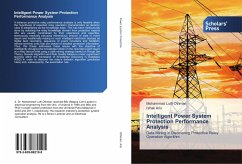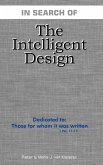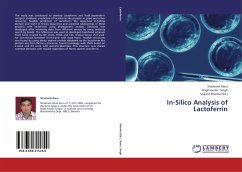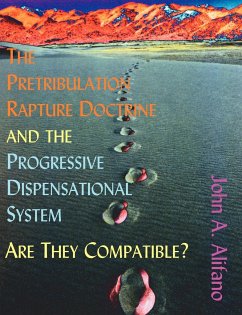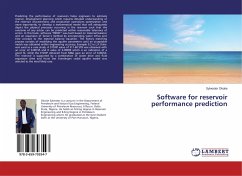A distance protective relay performance analysis is only feasible when the hypothesis of expected relay operation characteristics as decision rules is established as the knowledge base. This has been meticulously done by soliciting the relay knowledge domain from protection experts who are usually constrained by their experience and expertise, strenuously manually perusing tremendous amount of data in event report and traditionally relying on such intelligent electronic devices as digital fault recorders, sequence of event recorders and SCADA's remote terminal units that are lacked of detailed protection information. Thus, this thesis addresses these issues with the objective of intelligently divulging the knowledge hidden in the recorded event report at a relay device level using a data mining strategy based on Rough Set Theory, Genetic Algorithm and Rule Quality Measure under supervised learning within the framework of Knowledge Discovery in Database (KDD) in order to discover the relay's decision algorithm (prediction rules) and, subsequently, the association rule.
Bitte wählen Sie Ihr Anliegen aus.
Rechnungen
Retourenschein anfordern
Bestellstatus
Storno

